Agatos Kristi kolekcija. Puaro The Clocks (1989–2013) Online
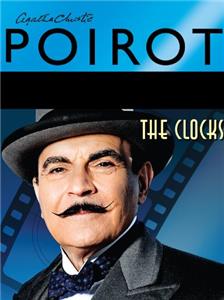
- Original Title :
- The Clocks
- Genre :
- TV Episode / Crime / Drama / Mystery / Thriller
- Year :
- 1989–2013
- Directror :
- Charlie Palmer
- Cast :
- David Suchet,Olivia Grant,Anna Skellern
- Writer :
- Agatha Christie,Stewart Harcourt
- Type :
- TV Episode
- Time :
- 1h 29min
- Rating :
- 8.0/10
Investigating a spy-ring, Lt. Colin Race comes to Wilbraham Crescent, where he literally bumps into agency typist Sheila Webb, as she comes flying out of number 19, the home of blind receptionist Millicent Pebmarsh. Sheila has discovered the body of a man whose identity proves hard to confirm, surrounded by four clocks, stopped at the same time. Miss Pebmarsh does not know the man and did not ask for the services of Sheila, who is the initial chief suspect. However, as Poirot is brought in to assist Inspector Hardcastle in the case, and the murderer strikes again, Poirot comes to realize that the man was killed elsewhere and brought to Miss Pebmarsh's house. The neighbors claim to have seen nothing but Poirot believes one of them may have had a secret which was worth killing for and sets out to unmask them, as well as explaining the significance, if any, of the clocks. At the same time, Colin solves his investigation with Poirot's help.
| Episode cast overview, first billed only: | |||
| David Suchet | - | Hercule Poirot | |
| Olivia Grant | - | Annabel Larkin | |
| Anna Skellern | - | Fiona Hanbury | |
| Tom Burke | - | Lt. Colin Race | |
| Andrew Havill | - | Sven Hjerson | |
| Victoria Wicks | - | Mrs Swinburne | |
| Jaime Winstone | - | Sheila Webb | |
| Sinead Keenan | - | Nora Brent | |
| Lesley Sharp | - | Miss Martindale | |
| Anna Massey | - | Miss Pebmarsh | |
| Phil Daniels | - | Inspector Hardcastle | |
| Ben Righton | - | Constable Jenkins | |
| Beatie Edney | - | Mrs Hemmings | |
| Abigail Thaw | - | Rachel Waterhouse | |
| Guy Henry | - | Matthew Waterhouse |
Geoffrey Palmer (Vice Admiral Hamling) is the father of the director Charlie Palmer.
The character of Lieutenant Colin Race is the son of Colonel Johnny Race, who appeared in Poirot: Death on the Nile (2004). Poirot asks how the Colonel is doing while they are in the theatre bar. In the original novel, he uses the pseudonym Colin Lamb, and is the son of Superintendent Battle - a character cut from the adaptation of Poirot: Cards on the Table (2005).
Frances Barber appears here as Merlina Rival, and ten years earlier in the second episode of series 2, Poirot: The Veiled Lady (1990), as Lady Millicent.
The character name "Nora Brent" is also used in the Agatha Christie episode Nemesis.
Beatie Edney appears in this episode as Mrs Hemmings. She was in an earlier episode 19 years earlier. "Poirot The Mysterious affair at styles" as Mary Cavendish (1990).
In the book, Ms. Pebmarsh is Sheila's mother.

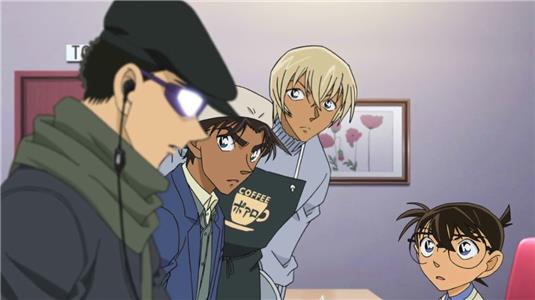
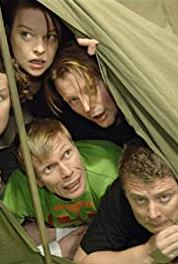
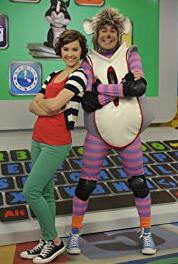

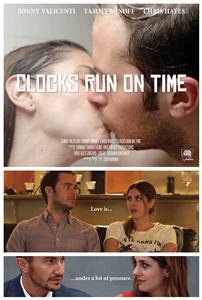
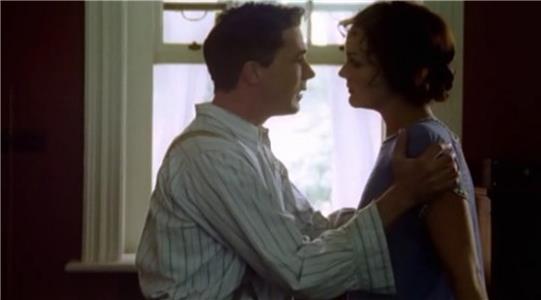
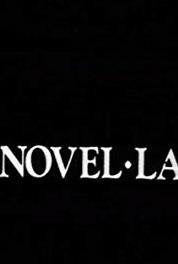
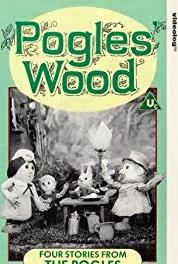
User reviews